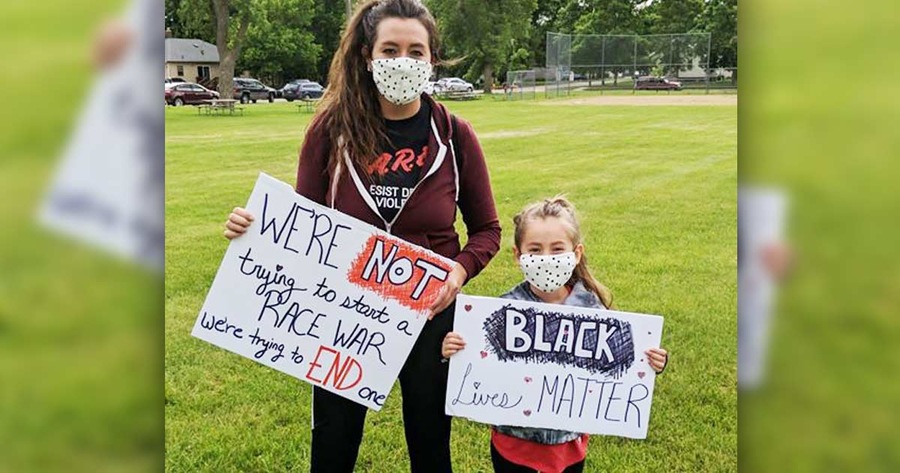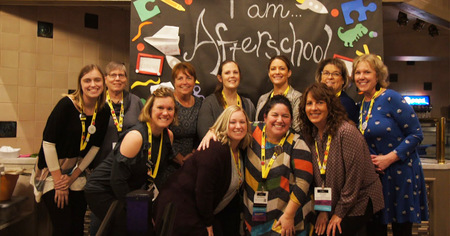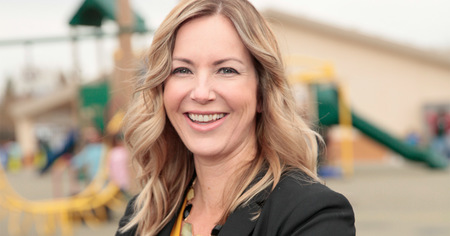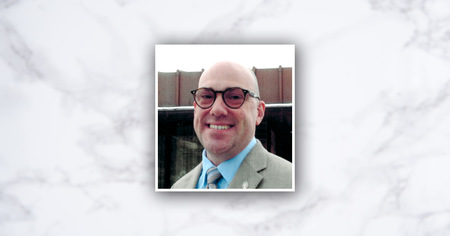From my personal experience and academic research while obtaining my master's in social work, I understand that one influence in a child's life can impact their outlook on education and life itself.
Recently, I had a tough conversation with my daughter. She has already understood the disparities that come alongside having a diverse background. Rhayn Marie Villanueva Medrano is part Hispanic, part Native American, and of German descent. With the intensified awareness of social injustices and our country's racial climate, we, as parents, felt it was best to expose her to protests that support Black lives so she can become more empathetic to all people.
She asked:
"Why are people being mean to people when everyone is supposed to be alive?"
"Brown people and Black people shouldn't be killed because there can't only be white people in the world."
Rhayn is 6 years old. She has told us before that she worries about her skin turning darker like her dad because she will not make friends or may be killed.
Let that sink in.
In addition to her facing a pandemic, social injustices have impacted her little life, causing fear and trauma.
There is a science behind the ways trauma and crisis impacts a child's life. While reading The Deepest Well: Healing the Long-Term Effects of Childhood Adversity by Nadine Burke Harris, M.D., she describes her early years as a pediatrician. She pioneered the correlation between stress hormones and trauma and the overall wellbeing of her young patients. Toxic stress and adverse childhood experiences—ACEs—are not limited to poverty and race, but notably more prevalent. I feel her work is vital for educators to recognize as they will face a whole generation of children who lived through a pandemic and worldly inequalities.
Quarantine looks different for everyone. For my family, it is a small apartment in a rural area with little to no outside contact for months. For others, it is sickness, job loss and additional stress that innately impacts children in the home. When children return to school, who has the potential to be their positive role model? Who can assist children in understanding the protests and social injustices? Who can support children who may have faced toxic stress during the pandemic?
I say: Why not our afterschool professionals?
We have a unique relationship with children outside of school. We have an opportunity to focus on social and emotional learning, building relationships, and experiences they typically wouldn't have during the school day. Afterschool professionals are avid learners and embrace their role as being a mentor to all children and their diverse backgrounds. It is our responsibility to foster positive relationships and advocate for them daily; it may make all the difference in their life.
To learn more about Nadine Burke Harris, M.D., and the prevention and treatment of trauma, listen to her TED Talk or purchase her book from Amazon.
Dawn Marie Johnson, MSW, is Director of Summit 21st Century Community Learning Center, an NAA Ambassador member and a 2019 Next Generation of Afterschool Leaders honoree.




